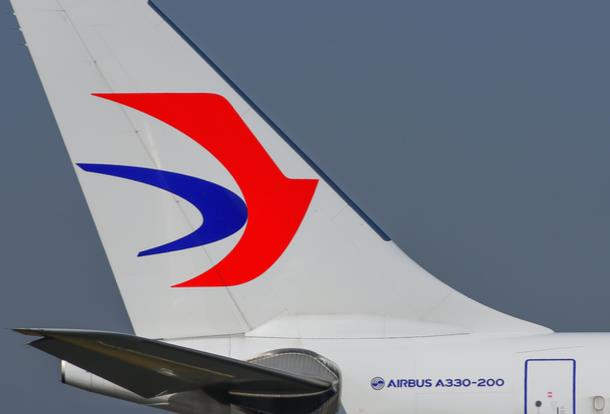Ctrip owns a 45% stake in Qunar as a result of last year’s share swap with Baidu, and Qunar’s own Q1 results are consolidated into Ctrip’s this quarter.
CEO James Liang said in the earnings release that “Going forward, we plan to devote more resources to innovation and outbound travel to build a solid foundation for our sustainable long-term growth.”
Talking to analysts on the earnings call he went into more details on both.
In terms of innovation, he said that he wants to make innovation a company-wide priority and that it has set up an incubator to foster internal ideas.
Ctrip also has the capital to support new ideas, as well as its IT infrastructure, brand and existing supplier relationships.
Outbound travel is an area where, Liang said, it will “invest to make it a bigger part of the business.” Foreign governments and tourism associations are interested in working with us to bring Chinese visitors, he said.
Organized and self-guided overseas tours accounted for revenues of USD 86m in the quarter, up 41% year-on-year and 59% on the previous quarter.
Revenues for Ctrip in the quarter now includes Qunar (apart from an USD 18 million contribution from Ctrip’s corporate travel unit). Total revenues came in at USD 682 million with transportation tickets registering USD 302 million and accommodation USD 250 million.
Over at Qunar, analysts were interested for an update on its standalone air ticketing business, which was headline news at the start of the year. A number of Chinese airlines closed their dedicated flagship stores on Qunar’s marketplace over alleged customer service issues.
Qunar’s CEO Zhenyu Chen explained that in the past month, Air China and China Eastern had re-opened their flagship stores and that he expected more airlines to come back. But he talked about a long-term sustainable way for Qunar to work with airlines in the context of changes in the overall distribution landscape.
Ctrip recently made an investment in China Eastern.
Elsewhere, Qunar has now added Uber China to its platform, and continues to develop new products – ground transportation, interactive travel reviews and financial products – independent of its relationship with Ctrip. (although it did add Ctrip as a hotel distribution partner during the quarter).
The operational crossover between Qunar and Ctrip is still being worked out, not only by the market but also internally.
But in terms of the customer base, the brands have distinct audiences. Chen explained that “[Qunar’s}] users think tend to be younger and more tech-savvy, and [Ctrip] has more business users, more high-end users, especially in the first and second tier cities. But I think that overall the overlap is not that big.”
So it looks as if Ctrip and Qunar have both ends of the Chinese market covered. There is probably enough room left for other players, unless they form a pincer movement and take control of the middle ground as well.
Read original article




